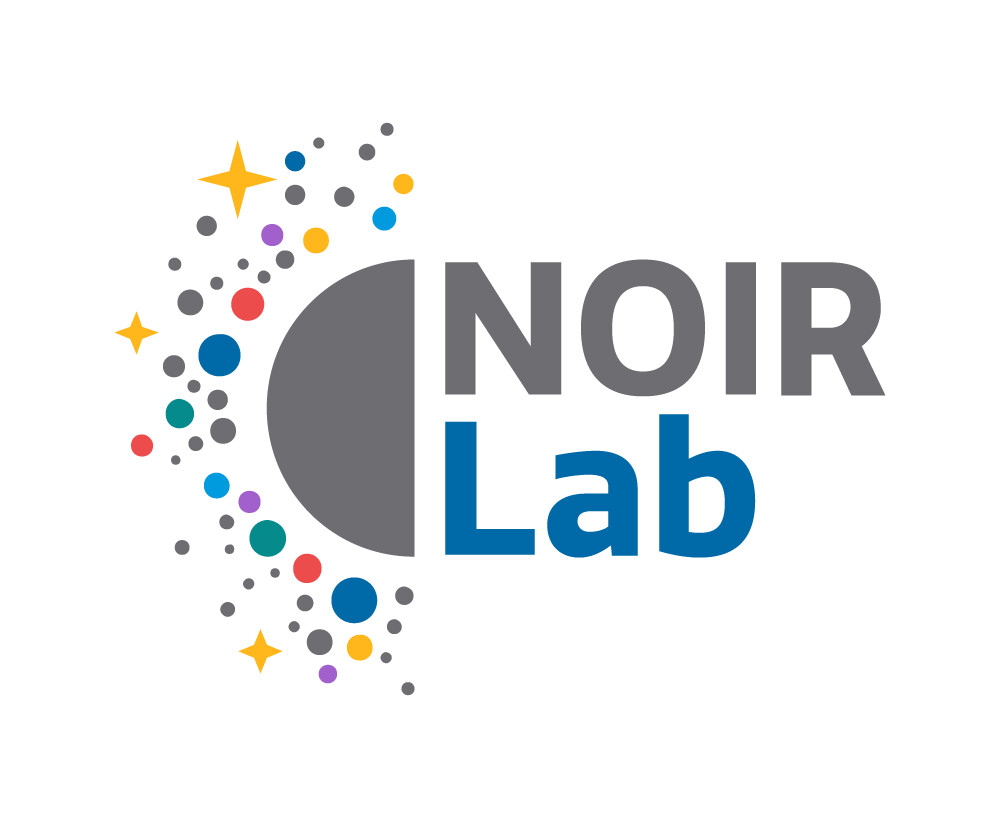Submission Instructions for Workshop Proceedings
Discovery space in astronomy is strongly limited not only by flux and resolution, but also by sample size. In particular, many fields in astronomy would greatly benefit from the ability to spectroscopically study large samples efficiently. For example, large scale spectroscopic surveys have recently begun placing unique constraints on cosmology, large scale structure, galaxy evolution and Galactic structure. If the capability for highly multiplexed spectroscopy were available, we would be able to not only answer existing questions more robustly (perhaps unambiguously), but also open up new avenues of investigation. Moreover, these programs could be accelerated from timescales of decades or years to months.
Given the interest expressed in a highly multiplexed spectroscopic capability at the recent Scottsdale system workshop and the possibility of university-scale investments in this area, we are holding a community wide workshop to investigate the scientific need for such a capability and its technical challenges. The goals of the workshop will be to determine what scale of facility is demanded by the science (i.e., what field of view, what multiplexing capability, and on what aperture), and to identify a path by which to realize such a capability.
The workshop attendance is limited by the size of the available conference room. The participant list is almost full, but a few spaces remain. If you are interested in participating in the workshop, please write to Arjun Dey (dey@noao.edu) as soon as possible.
Sponsoring Organizations:
NOIRLab
University of Virginia
The Johns Hopkins University
Australian National University
Related Links:
Ongoing Wide-Field Surveys:
SDSS | 2MASS | NDWFS | NOIRLab Surveys
Present and Future MOS Instrumentation:
DEIMOS | IMACS | VIMOS | FMOS | HECTOSPEC | SWIFT | NGOS | MODS





